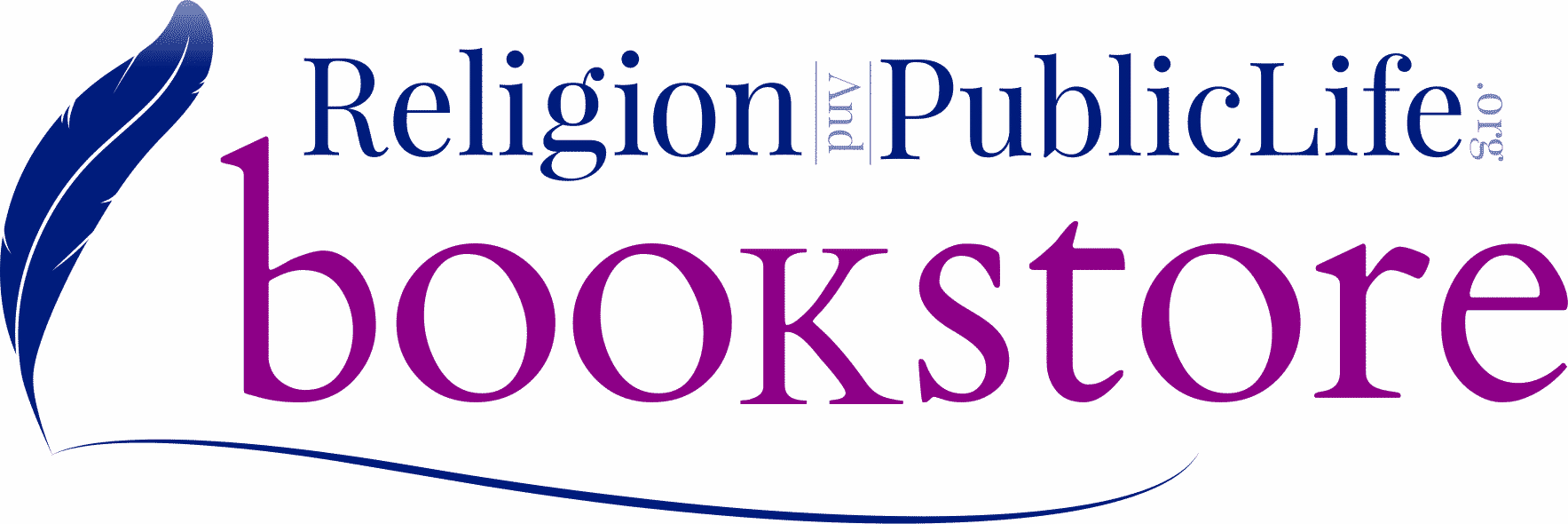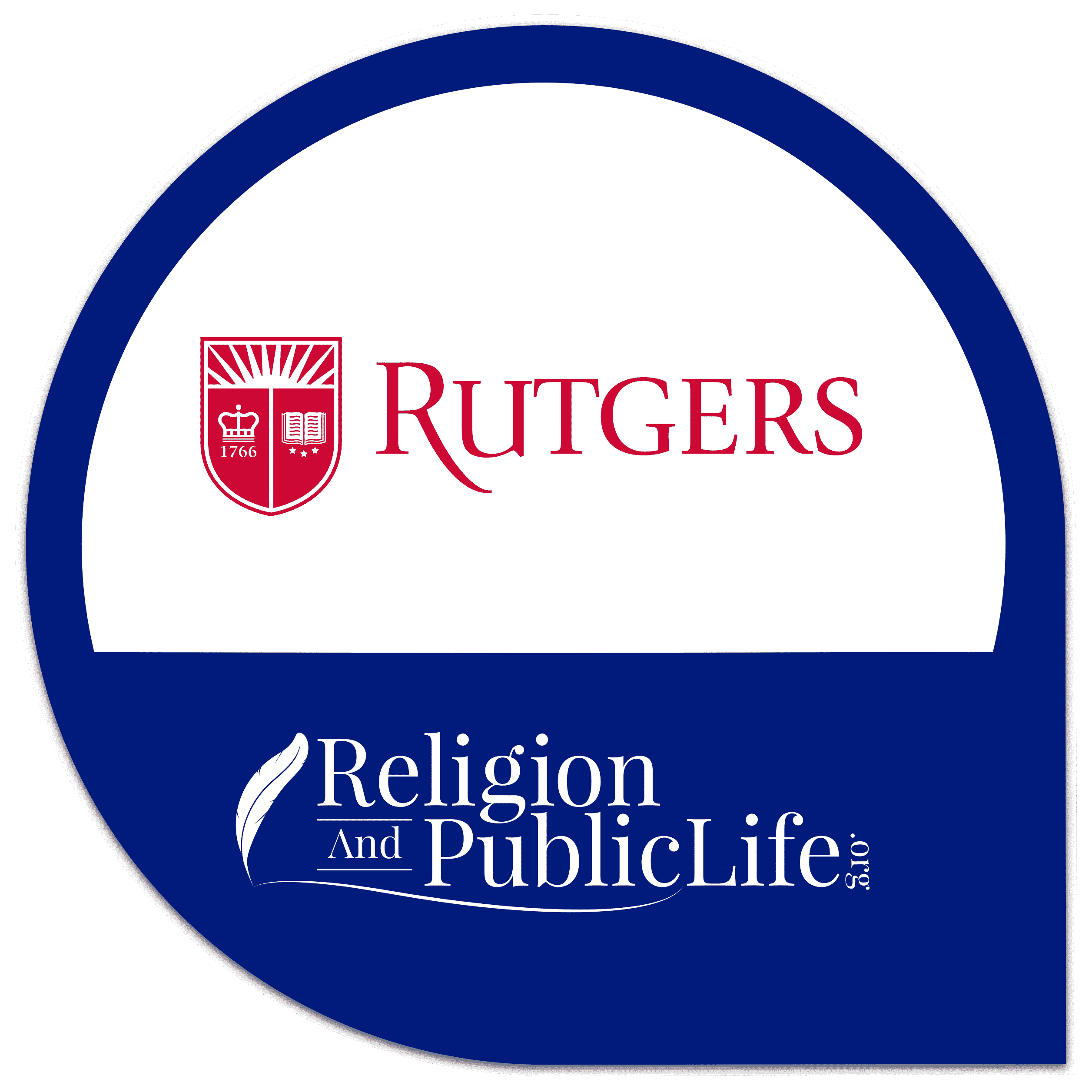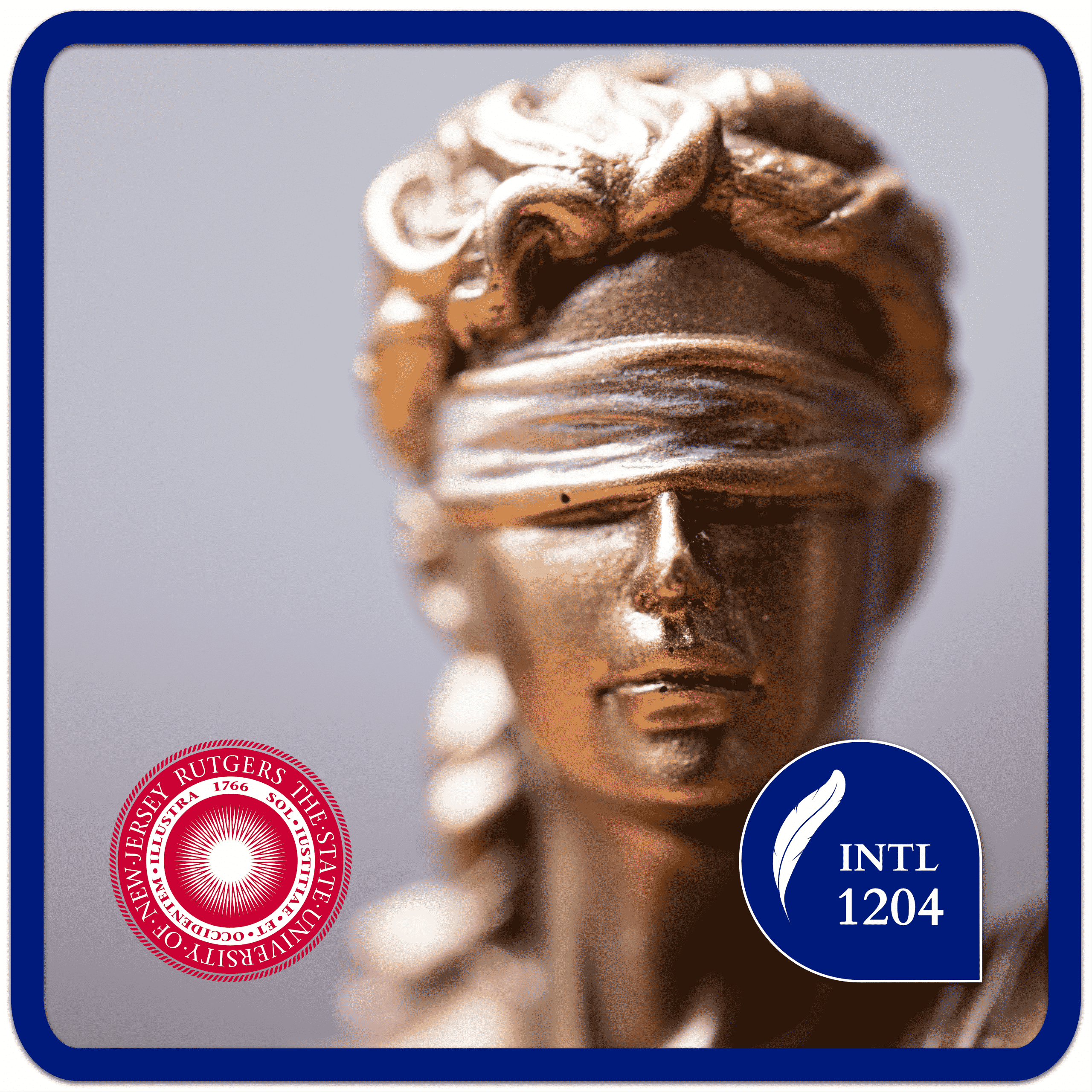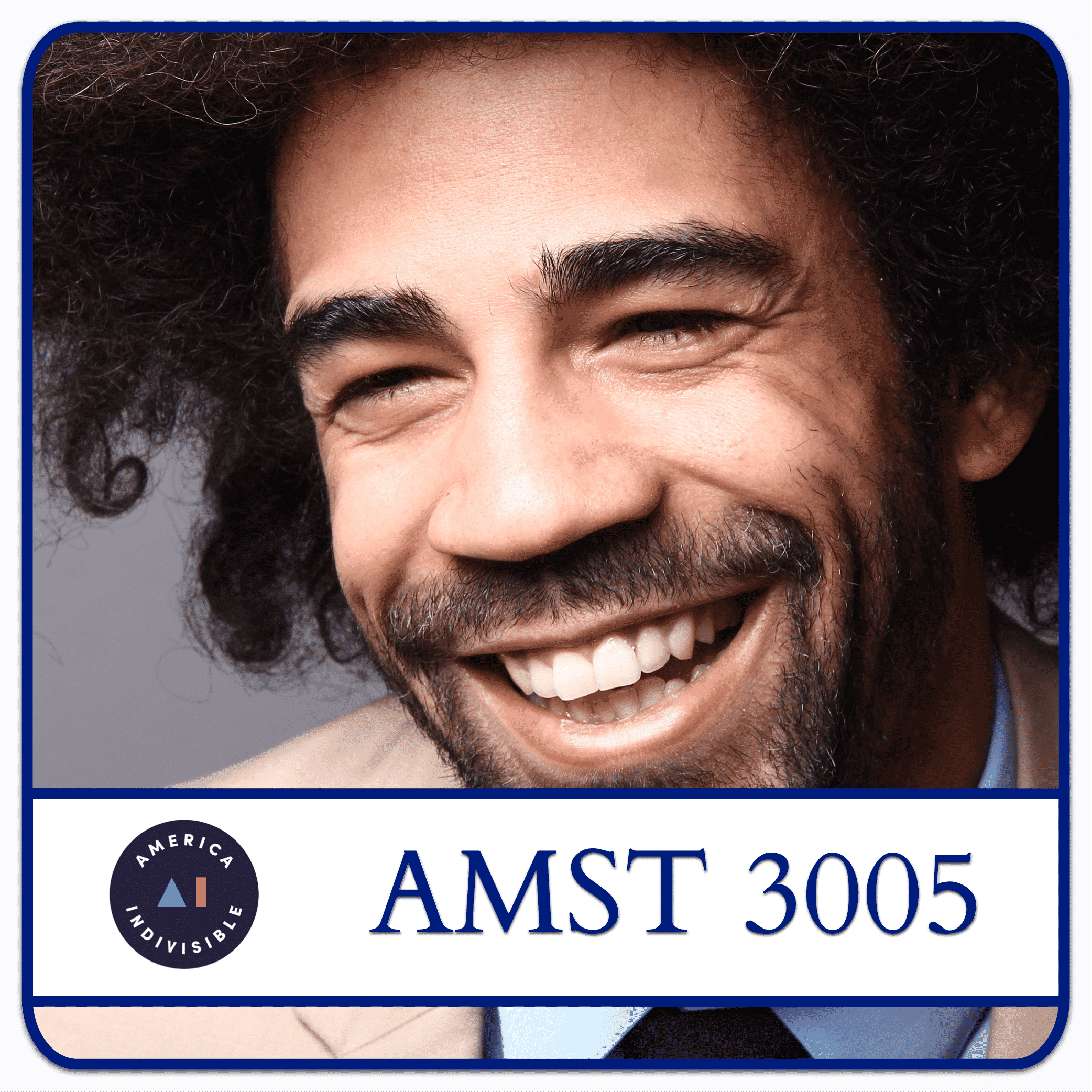Description
In this Global Communities course offered for college credit by Rutgers University, students will use both legal studies and religious studies to examine the origins, developments, effects, and critiques of four legal frameworks: freedom of religion, freedom for religion, freedom from religion, and freedom within religion.
By studying international case studies, students will cultivate their cross-cultural, inter-religious, and intra-religious understanding about how the rule of law can be used to promote and protect the human right to “freedom of religion or belief” for people of all religions and none. Special attention will be given to the critical examination of the limitations of human rights frameworks and the limitations of rule-of-law responses to human rights abuses.
Why is this such an urgent subject? Over three-quarters of the world’s population lives in countries with high levels of government restrictions on religious people; these restrictions correlate with increased levels of social hostilities and violence. The legal framework of human rights has been a proven, albeit limited, remedy in de-escalating such conflicts, demonstrating that the promotion of peaceful coexistence can be an effective security strategy
Earning Criteria
Certificate Students: The certificate program issued by Rutgers University is divided into five courses.
▸ In INTL 1201 Foundations for Human Rights
▸ In INTL 1202 Freedom of Religion
▸ In INTL 1203 Freedom for Religion
▸ In INTL 1204 Freedom from Religion
▸ In INTL 1205 Freedom within Religion
For Learners Seeking Academic Credit: After completing the graded assignments in the previous five courses, learners will enroll in INTL 1206 Capstone Project. Learners will design and implement a community-based project, applying what they have learned from the course collection. Speak to your advisor about which accredited colleges and universities will offer you credit for completing the ISPU 2500-level course collection.









